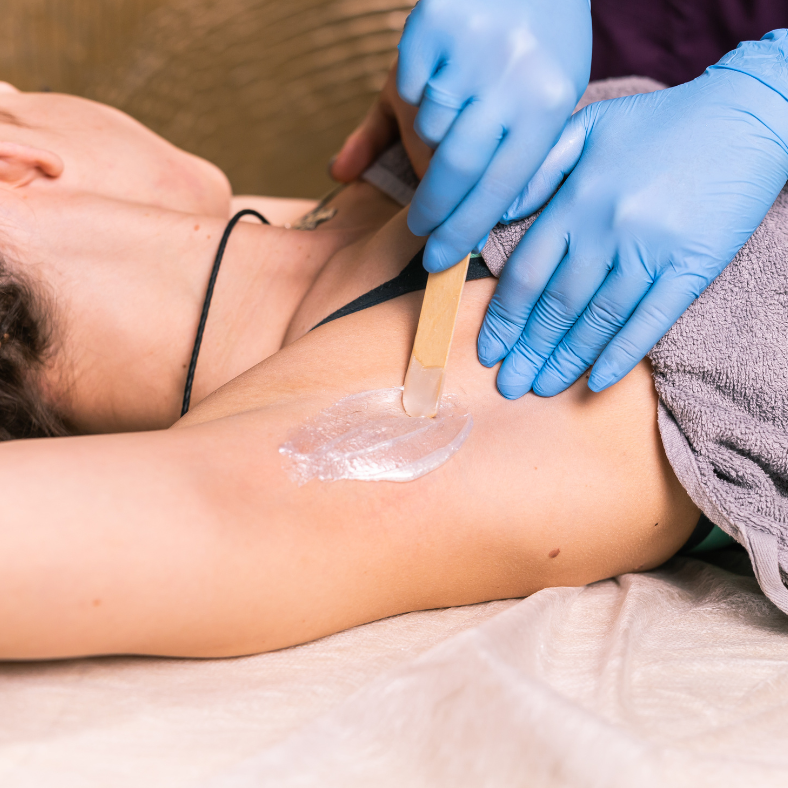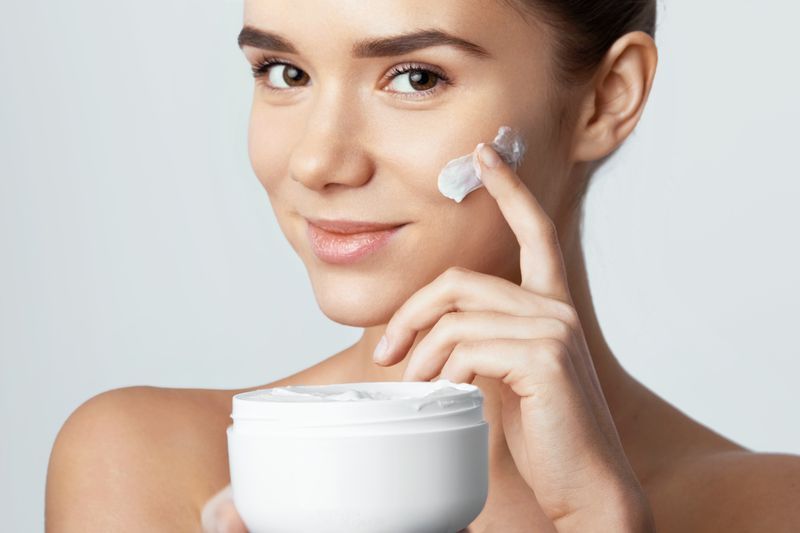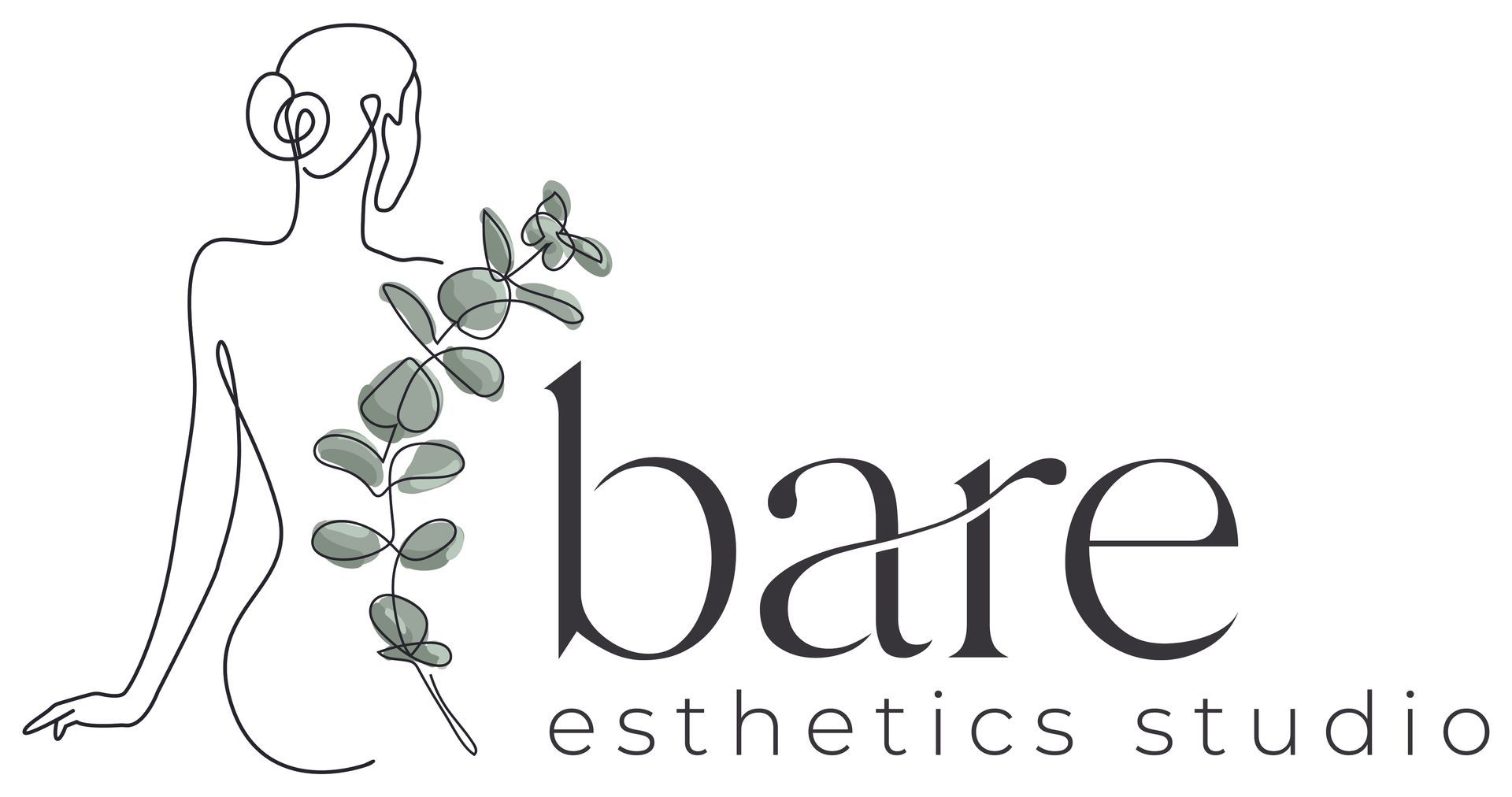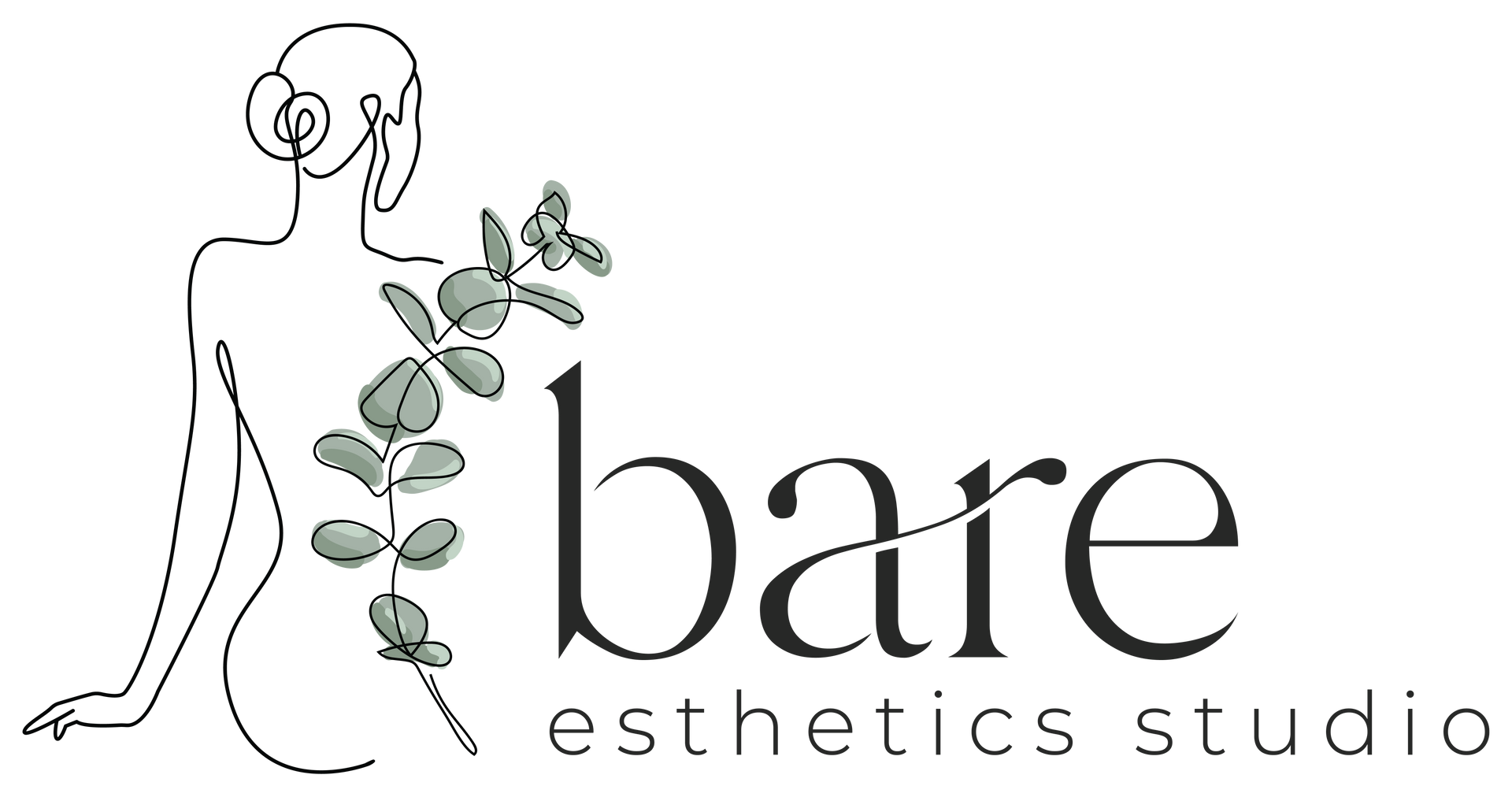Eating Your Way to Better Skin: A Guide to Skin-Friendly Diets
The quest for radiant, youthful skin often leads people to an array of topical treatments and skincare regimens. Yet, the road to improved skin health is not solely paved by what is applied externally; it is also heavily influenced by the nutrients absorbed internally through one's diet. The myriad of choices in the modern diet presents both challenges and opportunities for those seeking to enhance their skin's health. We will delve into the profound connection between diet and skin condition, spotlighting foods that offer skin benefits and those that may induce skin issues.
The Skin-Diet Connection
Skin, the body's largest organ, is a reflection of overall well-being. Nutritional intake plays a crucial role in the maintenance and repair of skin. Nutrients such as vitamins, minerals, antioxidants, and fatty acids contribute to the skin's structural integrity, resilience, and appearance. For instance, vitamin C is essential for collagen production, which gives skin its elasticity, while omega-3 fatty acids provide anti-inflammatory benefits that can soothe irritated skin.
Essential Nutrients for Skin Health
Vitamins and Antioxidants
Antioxidants, particularly vitamins A, C, and E, protect the skin by counteracting oxidative stress. Sources of vitamin A include sweet potatoes, carrots, and leafy greens, all of which contain beta-carotene, a precursor to vitamin A, known for its ability to promote skin cell turnover. Similarly, citrus fruits, strawberries, and bell peppers are rich in vitamin C, a key player in collagen synthesis and skin repair. Vitamin E, found in nuts and seeds, provides a shield for cell membranes against oxidative damage.
Healthy Fats
Omega-3 and omega-6 fatty acids, known as essential fatty acids, must be obtained through diet. These fats are found in cold-water fish, like salmon and mackerel, as well as in flaxseeds and walnuts. They offer moisture to the skin, reduce inflammation, and may even protect against UV radiation.
Proteins and Amino Acids
Adequate protein intake is important for the maintenance of skin structure. Proteins are broken down into amino acids, which are the building blocks of collagen and elastin fibers. Lean meats, fish, dairy products, legumes, and tofu are potent sources of protein that can support skin repair and elasticity.
Foods That May Harm Skin Health
Conversely, certain foods have been implicated in exacerbating skin issues. High-glycemic index foods such as white bread, sugary treats, and refined grains can trigger insulin spikes, leading to inflammation and possibly contributing to acne. Dairy products, while beneficial for their calcium content, may also be associated with skin breakouts in some individuals.
Hydration and Skin Health
An often-overlooked aspect of diet with a significant impact on skin health is hydration. Water intake is essential for plump and hydrated skin. It aids in flushing out toxins and delivering nutrients to skin cells. While drinking water is paramount, eating fruits and vegetables with high water content, such as cucumbers, tomatoes, and watermelon, can also contribute to the body's hydration needs.
Practical Strategies for Improving Skin Through Diet
Emphasize Whole Foods
Aiming for a diet rich in whole, unprocessed foods ensures a broad intake of the nutrients necessary for healthy skin. Embracing a variety of fruits, vegetables, whole grains, and lean proteins can enhance the skin's appearance and texture.
Limit Sugar and Processed Foods
To mitigate the impact on insulin levels and inflammation, it is advisable to limit the intake of sugary and processed foods. Reaching for complex carbohydrates such as brown rice, quinoa, and oats can keep blood sugar levels stable and support clearer skin.
Consider Supplementation
In some cases, it may be beneficial to complement dietary efforts with supplements. For instance, a daily omega-3 fish oil supplement might be useful for those who do not regularly consume fatty fish. However, it's important to consult with a healthcare provider before starting any supplement regimen.
Pay Attention to Skin Responses
Individual differences in skin reactions to certain foods are common. Keeping a food log can be an enlightening way to discover associations between dietary choices and skin flare-ups. This personalized insight allows for informed decisions about which foods to include or exclude from one's diet.
Consult With Professionals
For those needing guidance, consulting with a registered dietitian or a dermatologist can provide tailored advice. Professionals can create a diet plan that aligns with skin type, lifestyle, and any existing skin conditions.
The Role of Gut Health
Emerging research illustrates a link between gut health and skin condition. A balanced gut microbiome may influence skin health positively, suggesting that incorporating probiotic-rich foods like yogurt, kefir, and fermented vegetables can benefit the skin. Additionally, prebiotic-rich foods like garlic, onions, and asparagus provide the necessary fuel for beneficial gut bacteria, thereby potentially improving skin health.
The foods eaten on a daily basis are more than just sustenance; they are a cornerstone of skin health. By choosing nutrient-dense foods that are rich in vitamins, antioxidants, and healthy fats, individuals can support their skin from the inside out. Although navigating the intricate relationship between diet and skin condition can be complex, the right choices can pave the way toward a healthier and more radiant complexion. With diligent observation, patience, and, when needed, professional advice, a diet that favors skin health can be a powerful tool in achieving and maintaining beautiful skin.
Ready to transform your skin through the power of nutrition? Explore our wide range of personalized dietary plans designed to nourish your skin from within. Let's embark on a journey to radiant, healthy skin together. Contact us today to get started!








